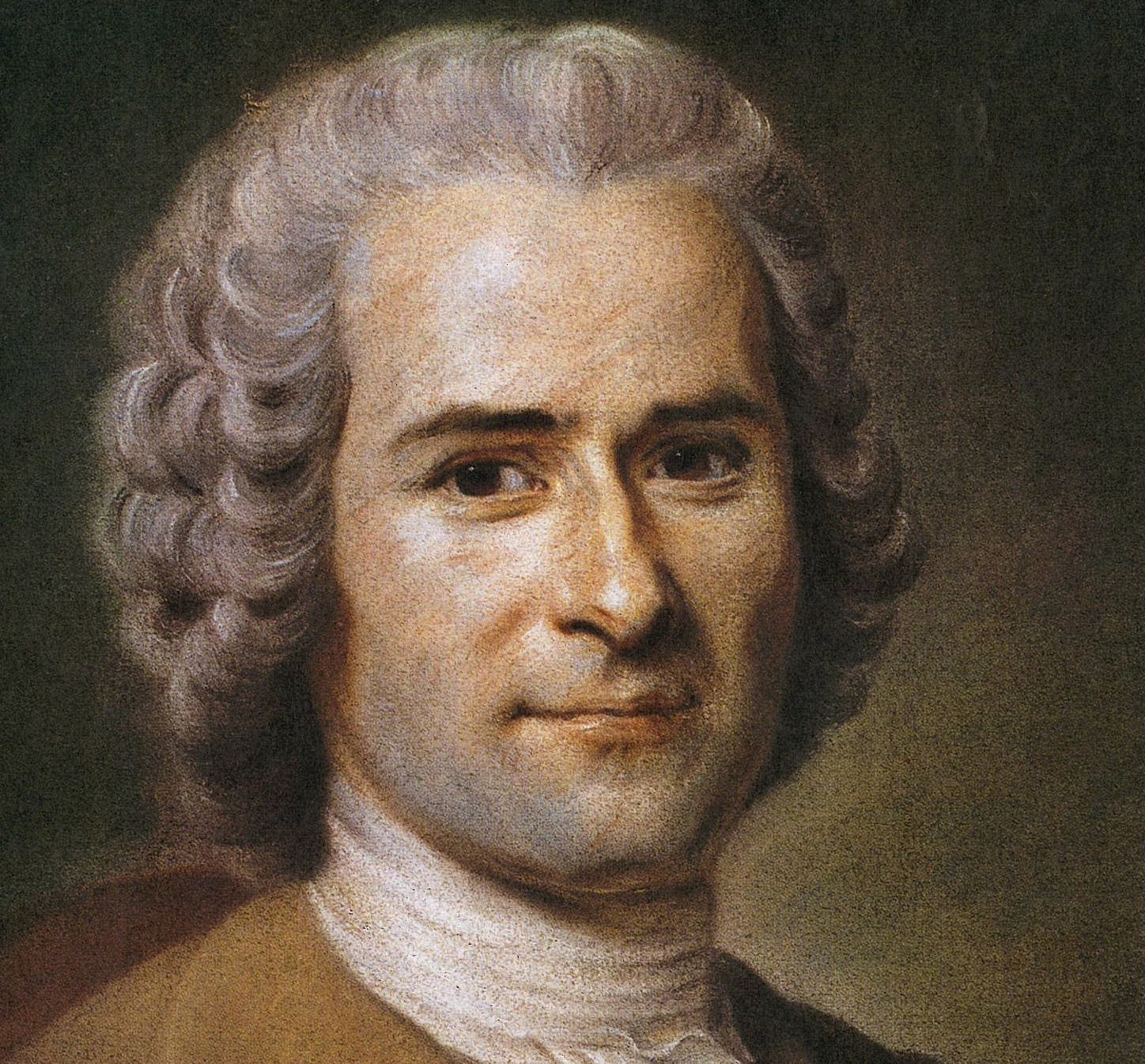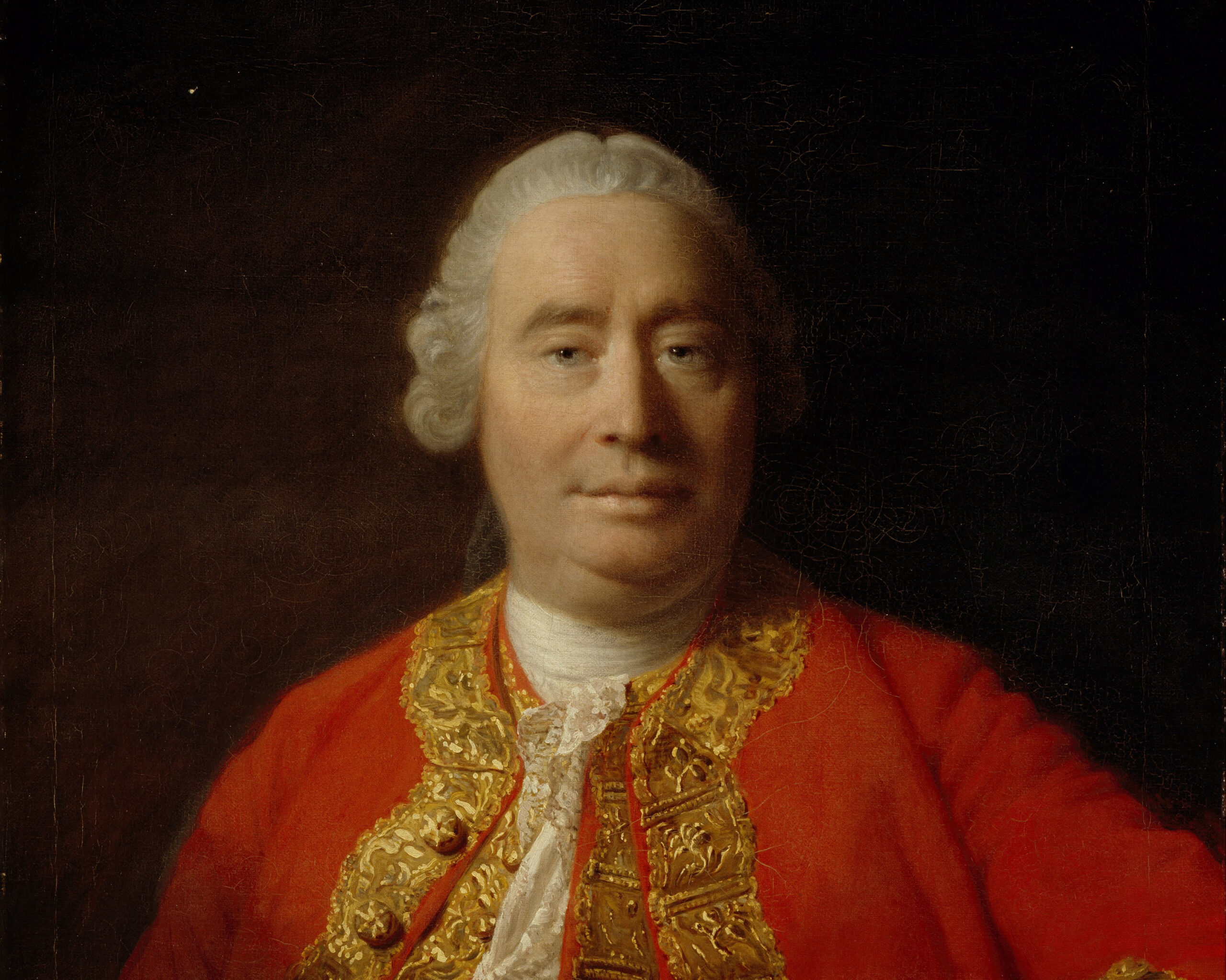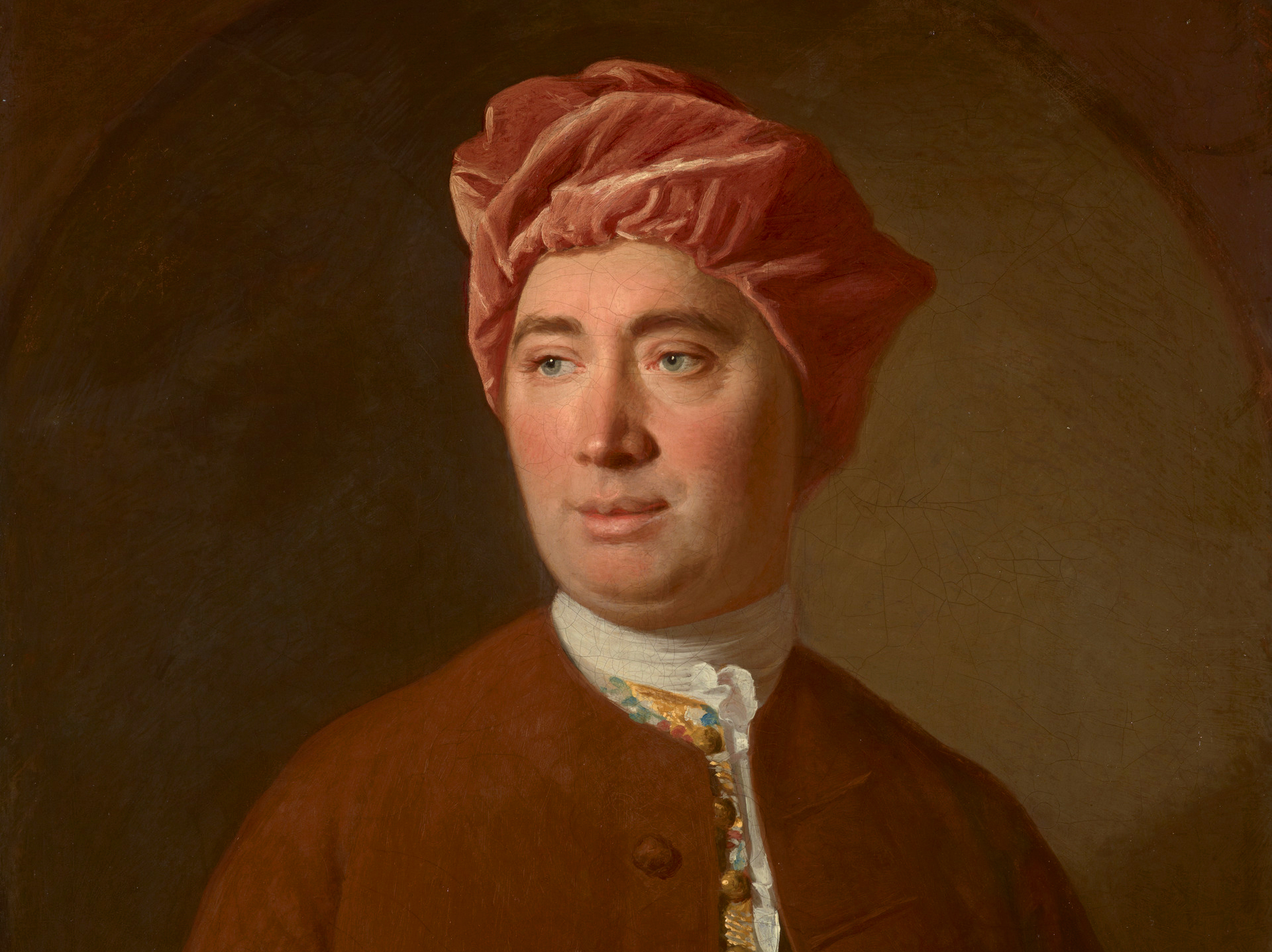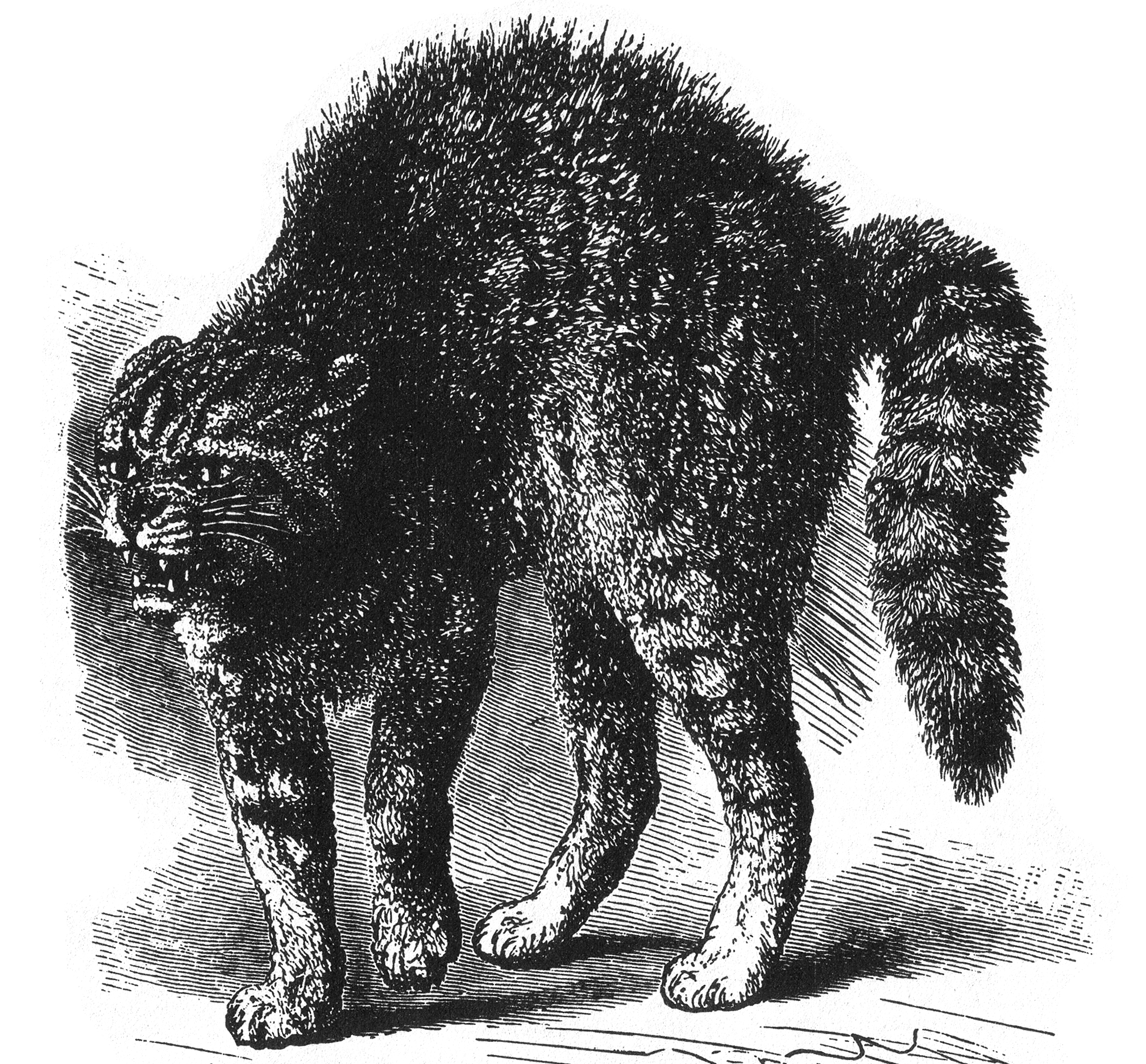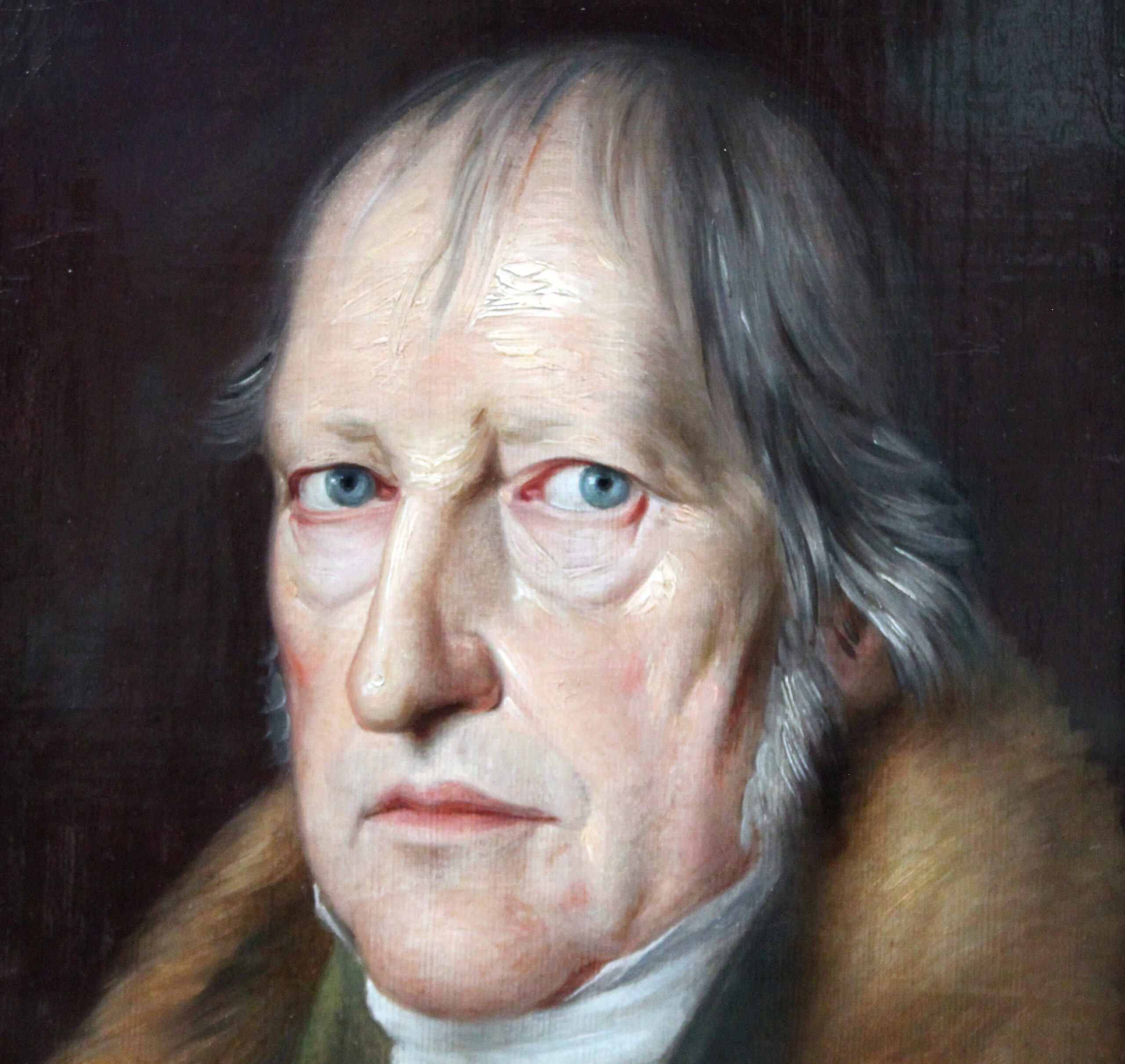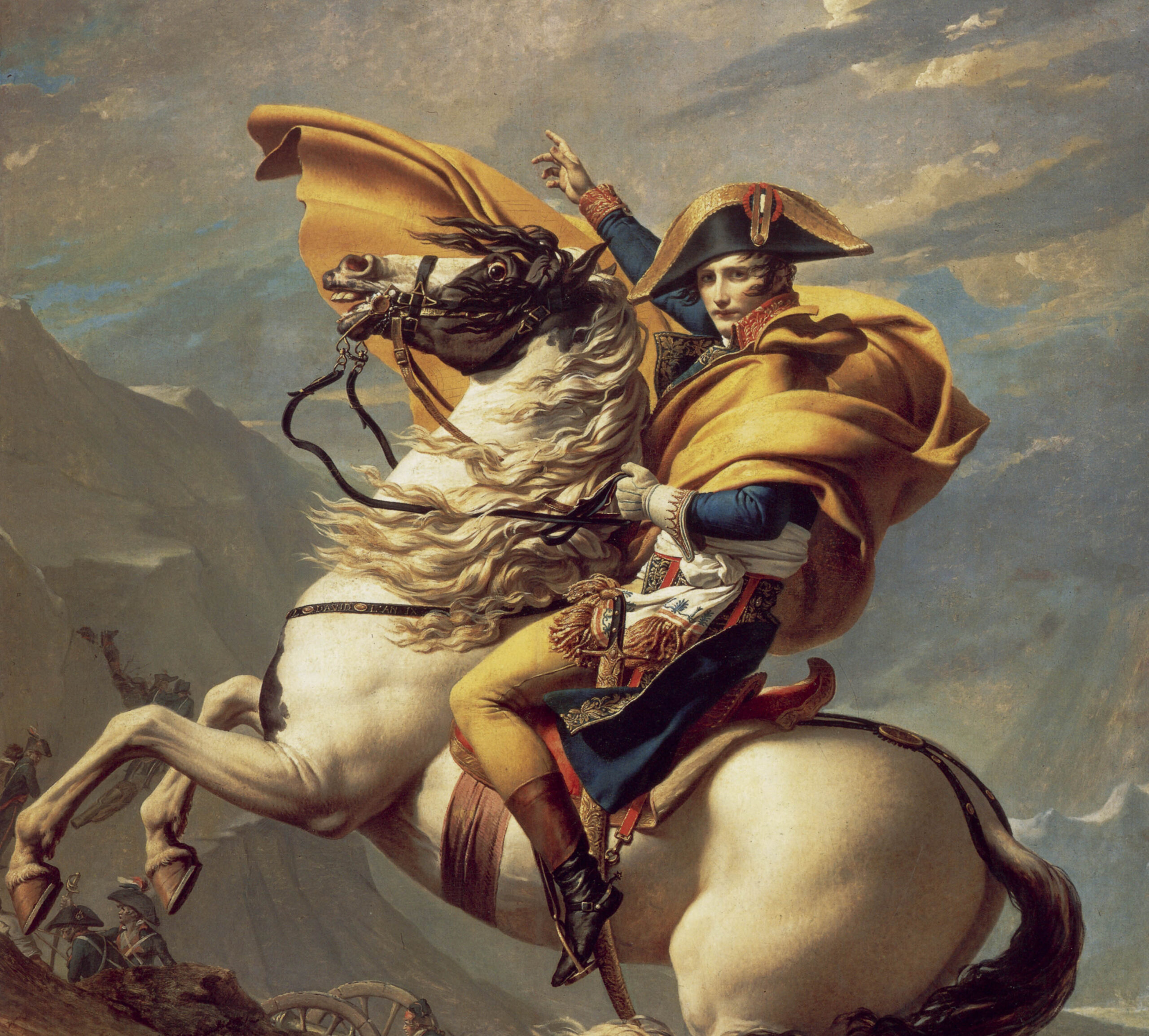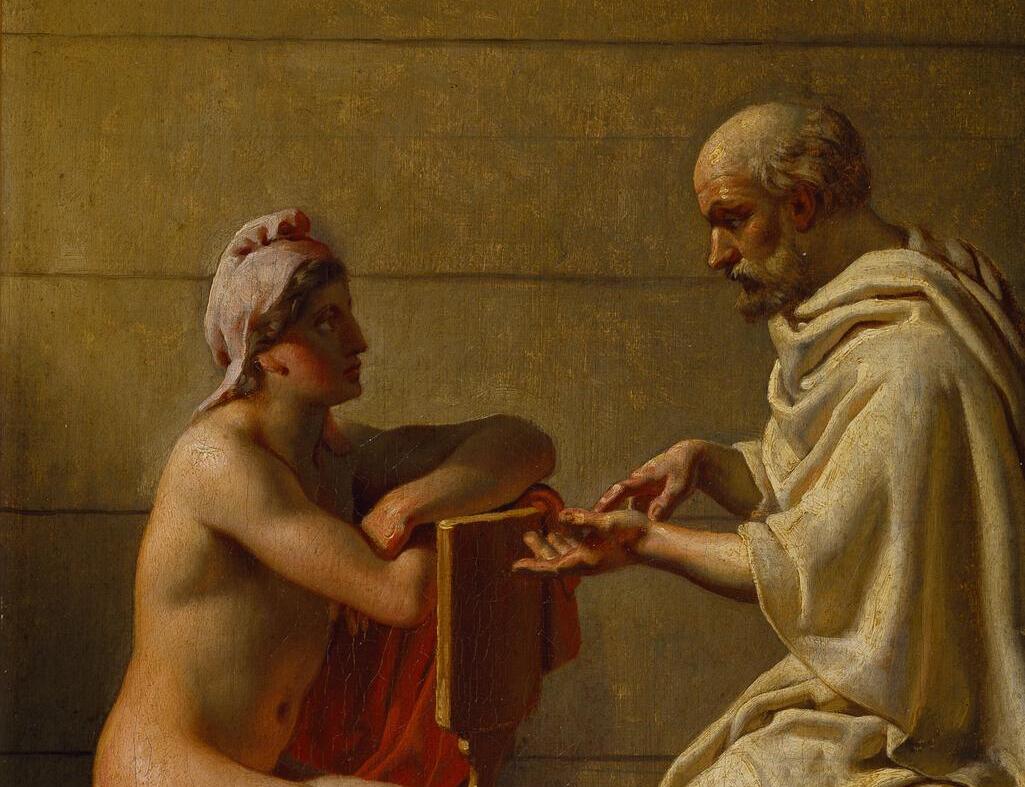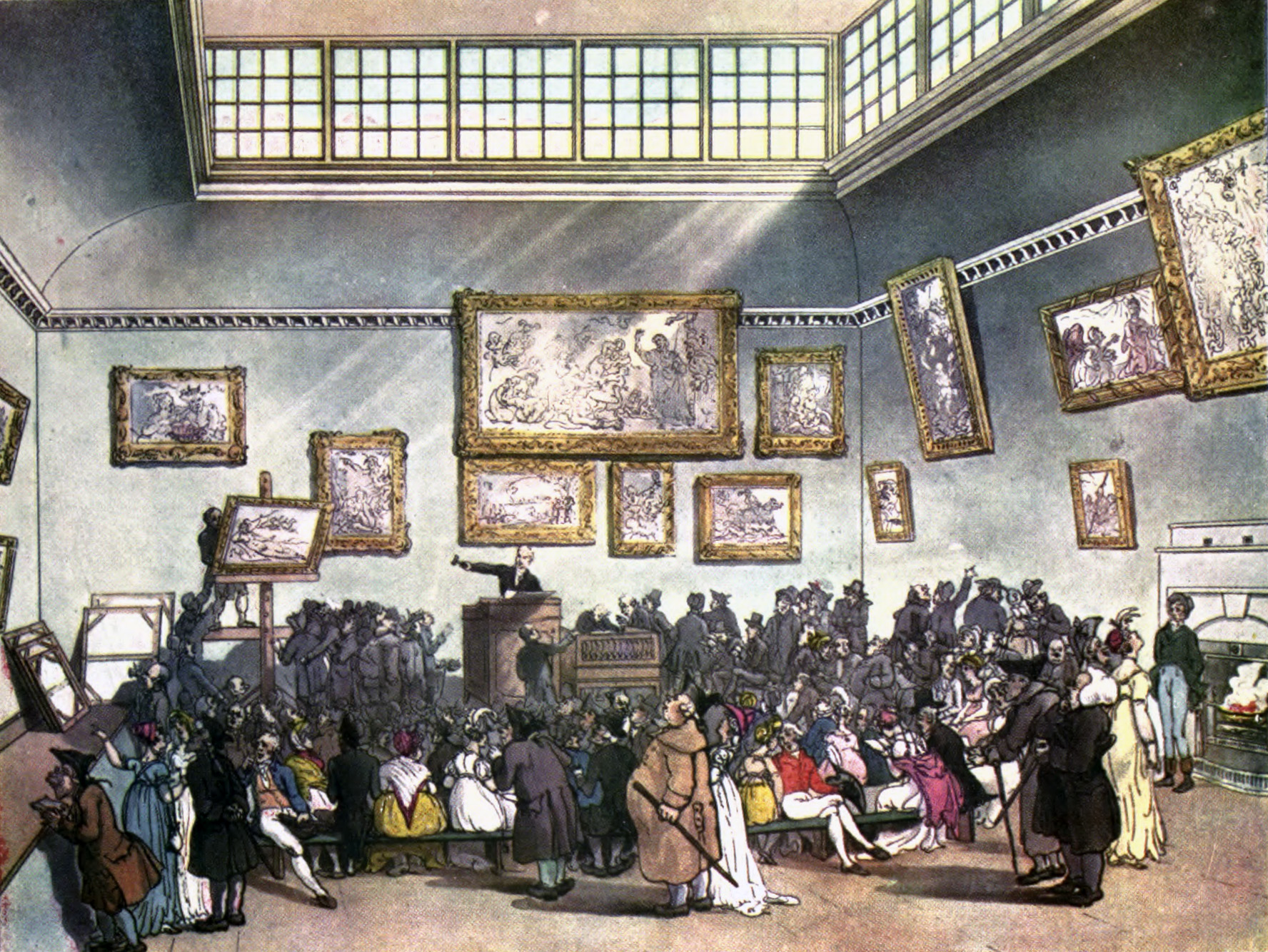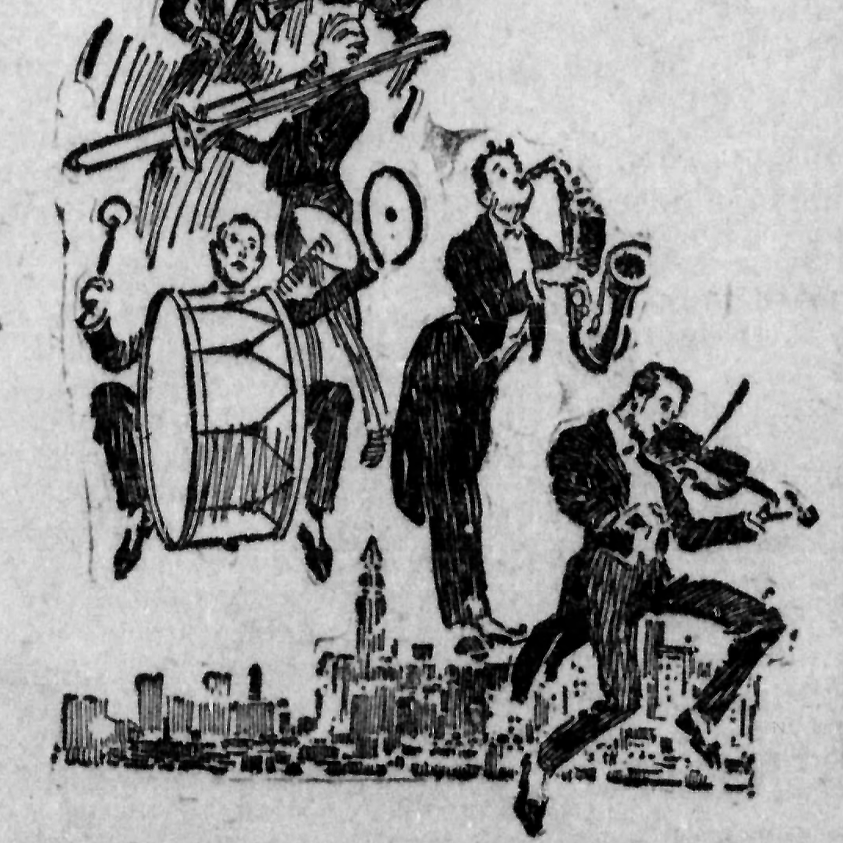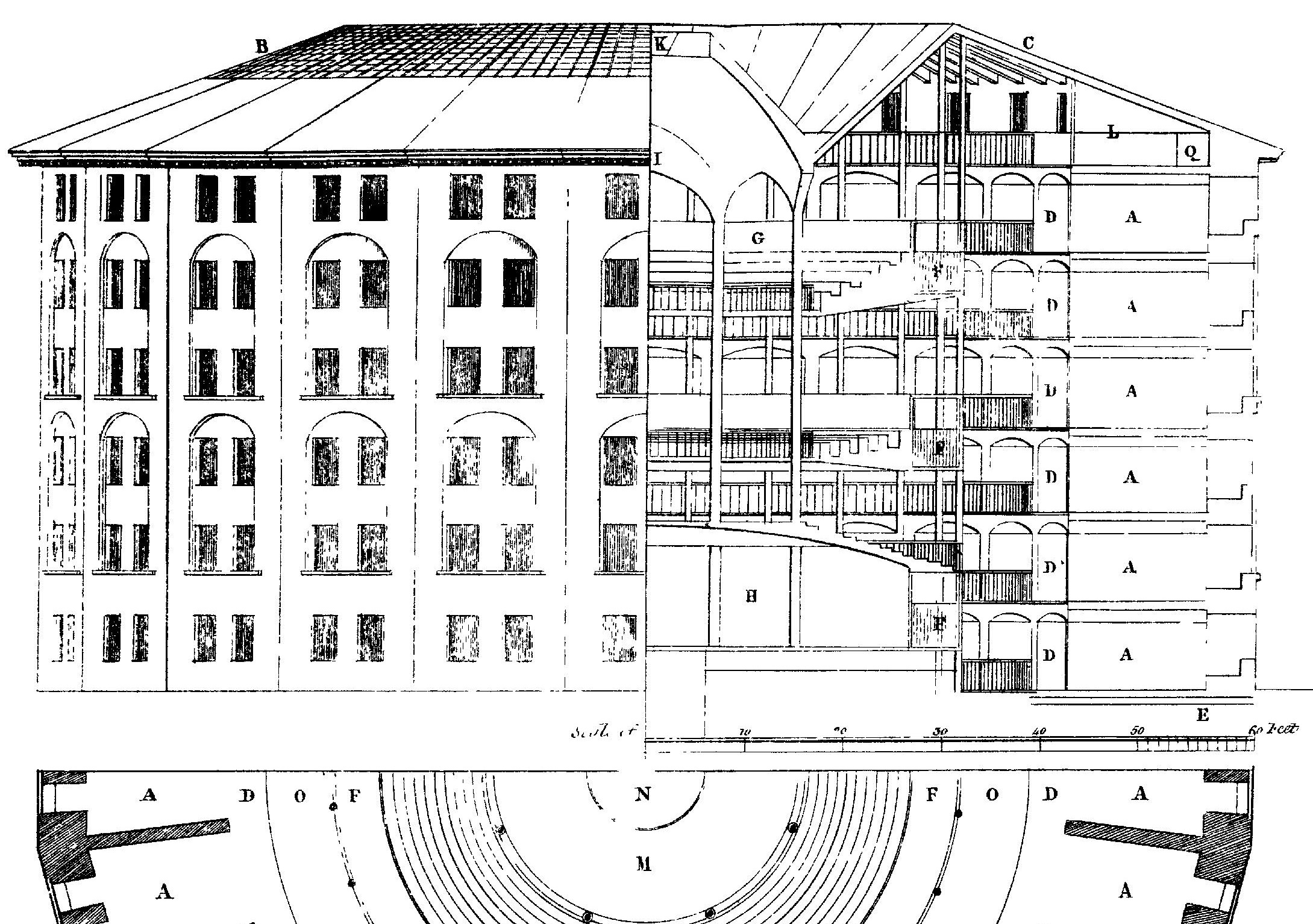-
How Switzerland Changed the World
Switzerland – a tiny landlocked country in the middle of Europe – is underappreciated for its contributions to all of our histories – mine and yours included. It’s a extraordinary place, with an incredible history, and, it can teach us a lot, weirdly, about ourselves. There is no place like it. Its variety of languages…
-
Introduction to Hume’s Moral Philosophy
Hume’s moral philosophy builds upon his empiricist theory of mind, an introduction to which can be found here. In short, all human knowledge is a product of our experience, derived primarily through our senses but also through how we feel – our passions, emotions, temperaments. All of these phenomena function as inputs. In moral philosophy…
-
Introduction to Hume: An Enquiry Concerning Human Understanding
Dave Hume was born in Edinburgh in 1711 and was a central figure of the Scottish Enlightenment. The philosophical context he was born into was one that was trying to understand the world scientifically. Francis Bacon had argued for a science based on experience – an experimental inductive method of observing and recording. Galileo had…
-
Introduction to Affect Theory: Brian Massumi & Eve Sedgwick
Is your mind separate from your body? Do you have a feeling of two-ness? Or is your mind part of your body? Or is your mind in control of your body? It seems intuitive, but most appeals to modern science refute this. The mind is made up of neurons, synapsis, chemical compounds – in other…
-
Introduction to Hegel: Philosophy in the Sopranos
Why would Hegel, if he were alive today, sit reading the Ancient Greek dramatist Sophocles while watching the Sopranos? There’s a lot of philosophy in the Sopranos. And, of course, the story of the New Jersey mobster takes psychology as its central theme. But I think the focus of the show, which ran for six…
-
What is History? E.H. Carr
What is history? How should history be written? E.H. Carr, the historian, diplomat, journalist, philosopher and author of a fourteen volume history of the Soviet Union set out to answer this question in 1961. The resulting book is considered a classic. Carr starts by discussing the ‘common sense’ view of history. In essence, that history…
-
How Socrates Beats Bad Habits
Socrates likened the soul to a chariot being pulled by two horses. The rational horse listens to our commands and pulls us upwards towards heaven, and the unruly one, irascible and wild, pulls us down towards earth. We all have two horses. Call one reason, call the other passion, one logic, the other emotion, one…
-
Bourdieu: Cultural Capital, the Love of Art & Hip Hop
How is culture like currency? Do we collect, exchange, or sell our cultural knowledge like it’s cash? The sociologist Pierre Bourdieu was interested in how the organisation of culture and the social world around us could affect our individual view of the world. How we didn’t just pick the culture we liked, but in some…
-
The Rhizome – A Thousand Plateaus, Deleuze and Guattari
‘The two of us wrote Anti-Oedipus together. Since each of us was several, there was already quite a crowd’. The rhizome might be thought of as the central metaphor of A Thousand Plateaus. Although the term central is already problematic. The book, by the philosopher Gilles Deleuze and the psychoanalyst Félix Guattari, isn’t meant to have a…
-
Foucault: Biopower, Governmentality, and the Subject
Power. It’s an ambiguous concept. In physics we talk about power as the transfer of energy. Or the potential to transfer energy. The sun has enough power to… And social and political power is thought of in a similar way. The power to… stop someone doing something – the power of the police to…
Then & Now
Human(itie)s, in context
